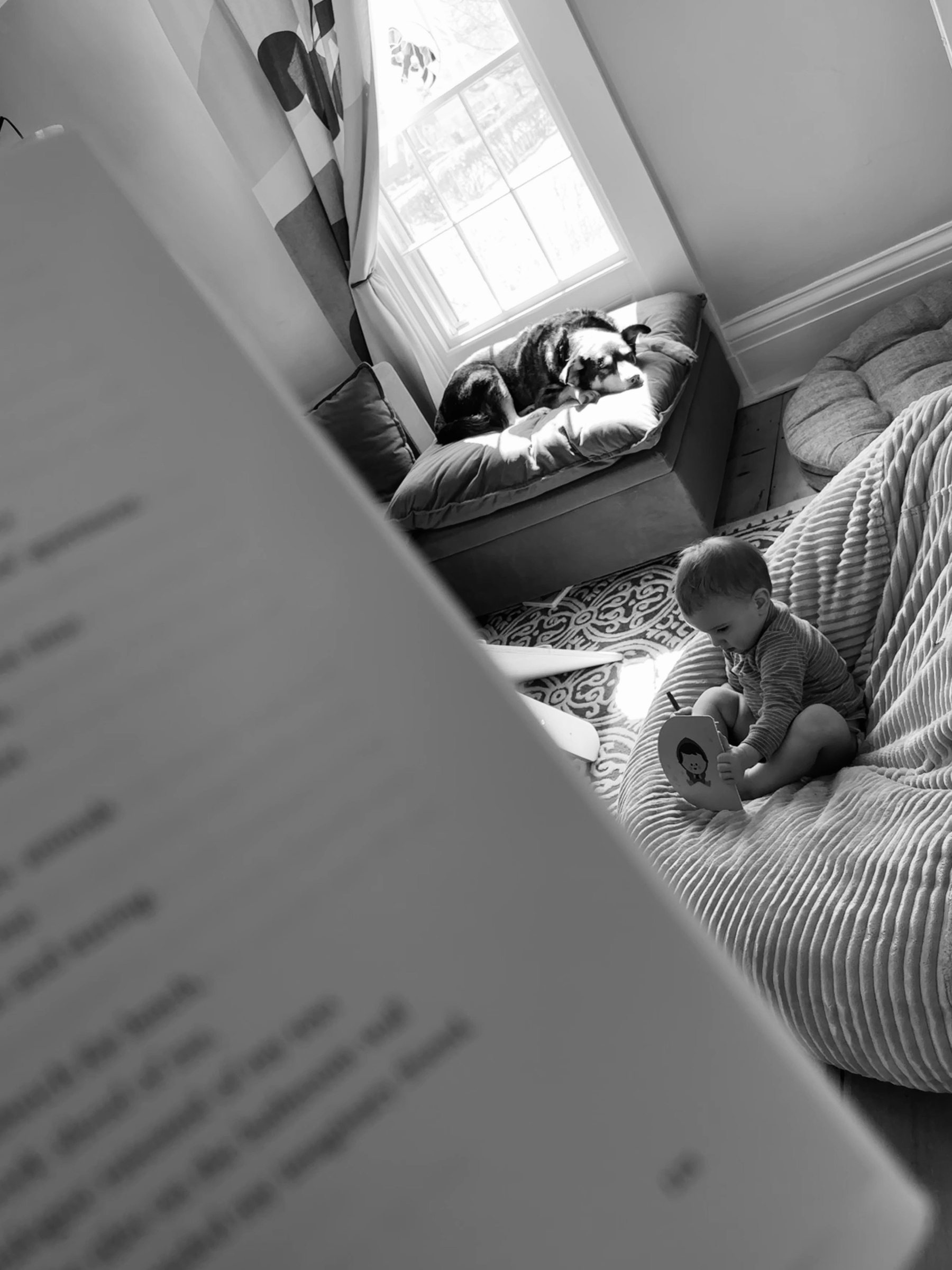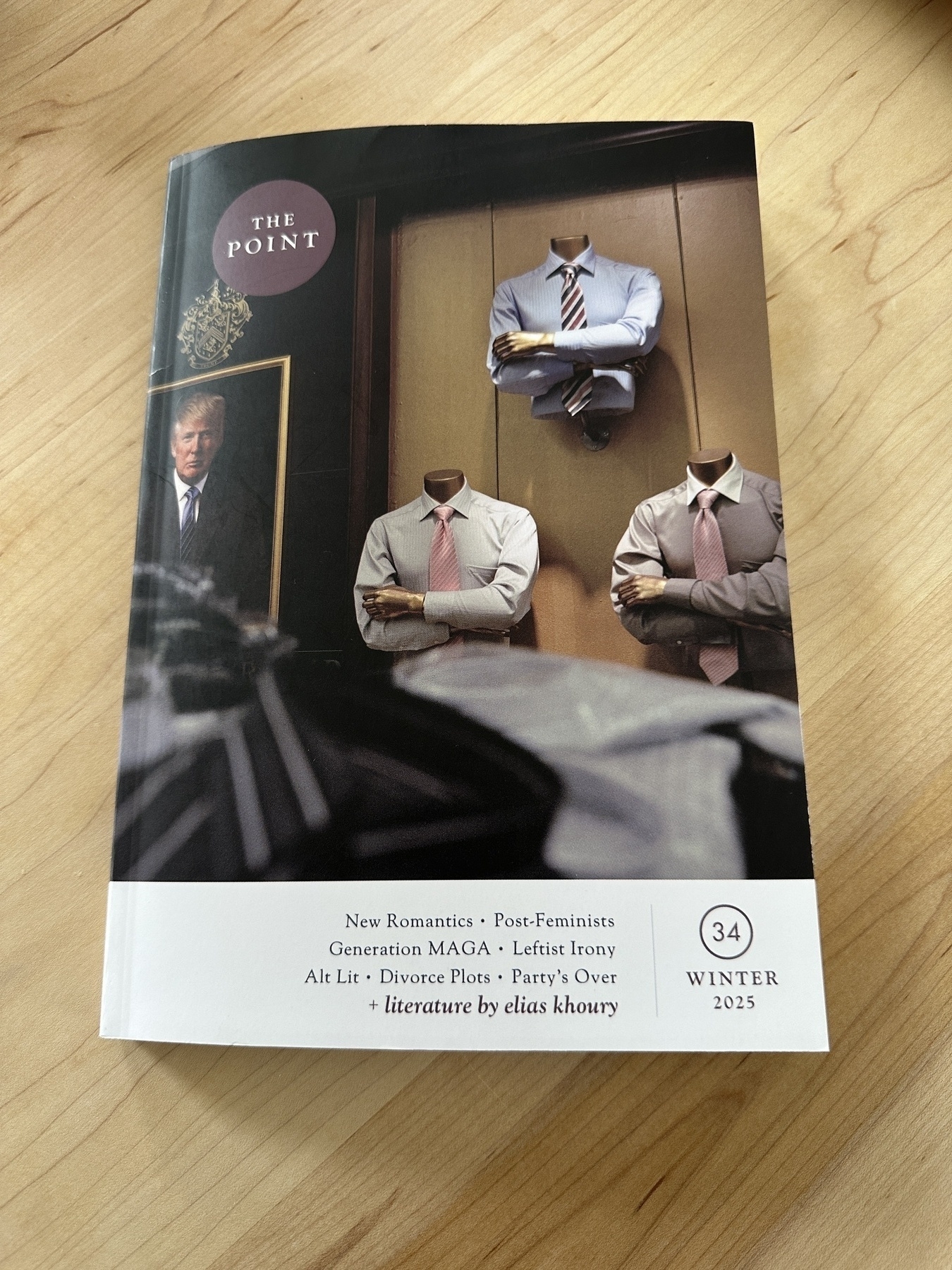And let us not allow ourselves to get tired of doing good.
Fun fact: “One of the oldest monastic libraries in the world, the Abbey Library of St.Gallen in Switzerland, has the following inscription over its door: ΨΥΧΗΣ ΙΑΤΡΕΙΟΝ (psukhēs iatreion), which translates as ‘healing place for the soul.’”
The library was founded around 937 and is one of the most important monastic collections in the world, holding 160,000 volumes, 1650 books printed before 1500, and 2100 manuscripts from the 8th to 15th century. You can view the e-codices of the original manuscripts here.
We need something better than liberal irony.
I also went back and put up an unshared post on liberalism, conservatism, and imagining toward utopias, most of which is over a month old. I think I had higher expectations for it than I ever found, and I wasn’t sure I was saying what I wanted to say.
Sneaking a photo • Don’t disturb the peace

[Supernatural hope] alone can bestow on man the certain possession of that aspiration that is at once relaxed and disciplined, that adaptability and readiness, that strong-hearted freshness, that resilient joy, that steady preseverance in trust that so distinguish the young and make them lovable.
… As Saint Augustine so aptly says: “God is younger than all else.”
[C]ritics should not be “in the prediction business.” Neither, in our view, should philosophers, artists or historians, no matter how many have volunteered for such roles in recent years. From Silicon Valley to Substack, we have no shortage of prophets or pamphleteers these days, each of them eager to tell us why utopia or apocalypse lies right around the corner. What we lack, oddly enough, is thinking and writing that makes us more attentive to the world right in front of us—the here and now in all its mystery, strangeness and often tormented reality. Thinking and writing that helps us not to predict the future but to act as self-conscious citizens, who are both in touch with our historical moment and capable of determining our own course within it.


The brilliant idiot believes AI-generated art is humanity’s greatest artistic achievement.
The wise fool sees more beauty in a kindergarten’s first art project.
“Terror successfully marketed as Christianity is still terror.”
I don’t recall the last time I had any cough drops before today. And it occurred to me, as the cough drop simply fell away from the untwisted paper, that I have no memory of ever opening a cough drop that wasn’t stuck to the wrapper. That is, I expect all cough drops to be stuck to the wrapper. I assume this is because all the cough drops I had as a kid were old and/or had lived several lives melting inside my grandfather’s pocket before they made it to me. 🙂